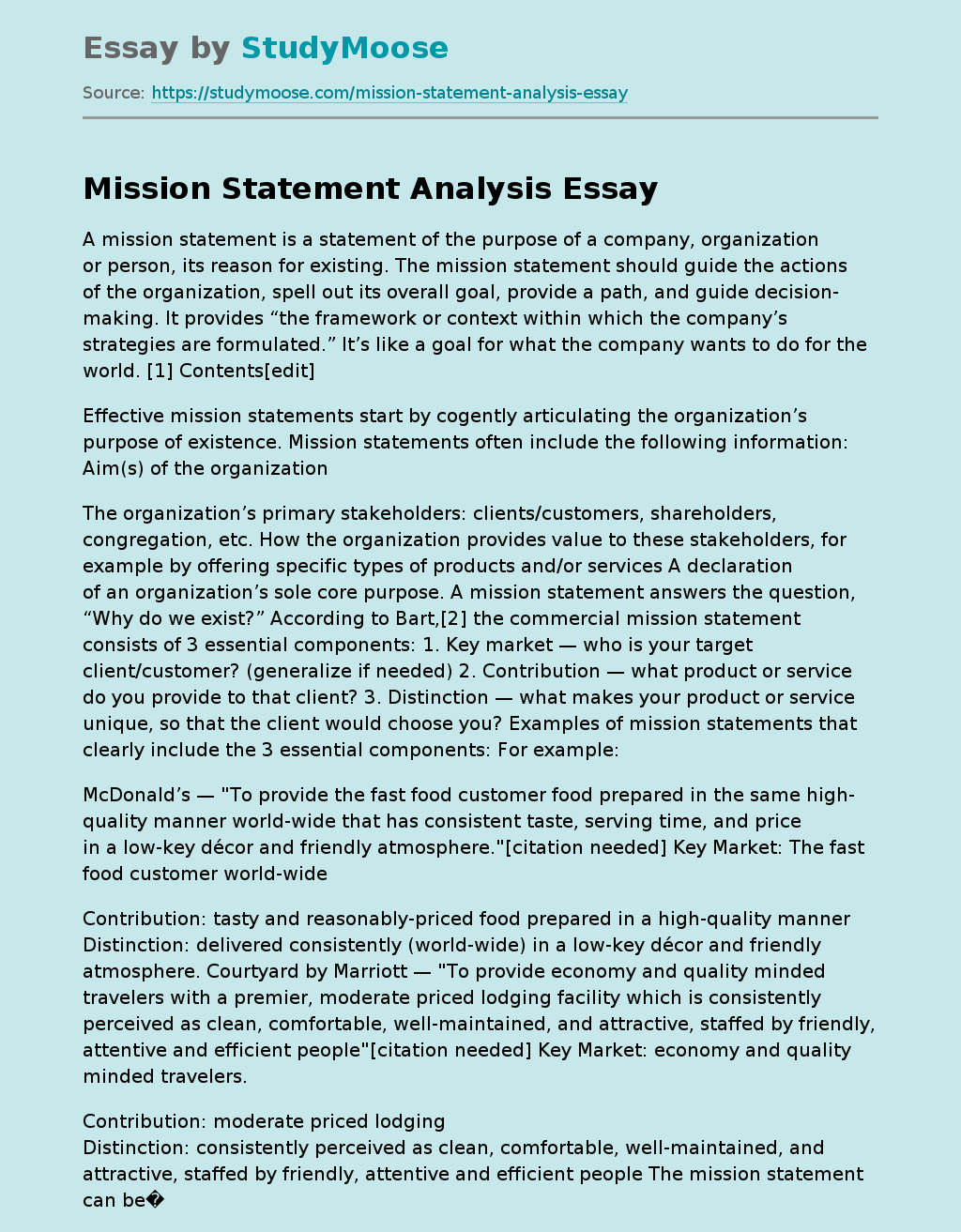
A PPO plan, a type insurance policy that covers your health, allows you to go to any doctor or hospital within the network or outside of it. However, the plan can cost more than an HMO, and your out-of-pocket costs are higher. The right PPO plan for you will depend on your budget and your needs. A PPO can offer many benefits.
Flexibleness is one of the best benefits of a PPO program. There are many providers in PPO networks, which can be extremely large. This means you will be able to find the best doctors and medical services in your area. In-network care is rewarded by the PPO network, so you may pay less to get the services you need.
A PPO offers another benefit: the freedom to choose your preferred primary care doctor. In certain situations, you don't need a referral to your PCP to visit a specialist. A referral may not be necessary in all cases. If you are unable to get a referral from your doctor, you'll need to pay a higher price. For certain healthcare services, you might have to pay a copay or a fixed dollar amount.

This cost could be avoided by calling your insurance company before receiving care from an outside-of-network provider. This will prevent your claim being denied and can help you avoid paying unnecessary treatment.
You can use any provider in the PPO network. However, you will still need to pay for care that you receive outside the network. While insurance companies and providers may agree to lower their rates for services, you still have to pay the full price if the provider is not in your network.
A PPO also offers the advantage that your doctor can negotiate fees and schedules with the health care facilities they work with. A PPO gives you greater options for testing and laboratory locations. This means you can get the care that you need, regardless of whether you are at home or abroad.
You should also take into account copays, deductibles and coinsurance when choosing a PO. The deductible is a set amount that you must pay each year before your insurance coverage kicks in. Typically, the first $1,000 of your costs are covered. After that amount, your insurance company will pay the rest. The copay is a fixed dollar amount you pay for each visit to a provider. You may have to pay for tonsillectomies or birth control depending on which plan you have. The pharmacy can be paid for by you, but your insurance company will determine what prescriptions are covered.

PPO policies can be an excellent option for self-managing your own medical care. It is a great option for people who travel frequently and want the ability to see any health care provider. Your needs, budget, and lifestyle will all play a role in choosing the right health insurance plan.